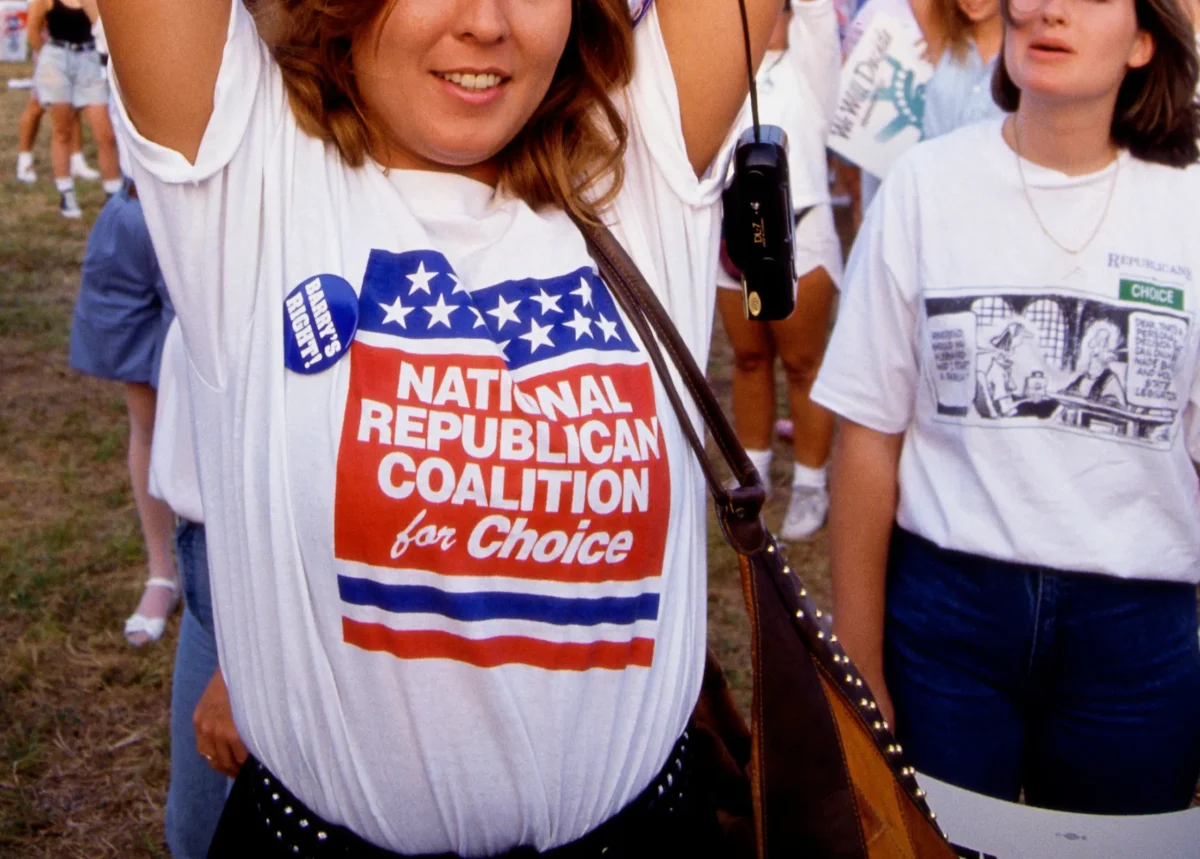Editor’s note: This column will be run in a two-part format—in each part, the author will present one possible option for ameliorating the situation in Iraq. This week, the commentary focuses on the advantages of building up troops and resources. In the following issue, the columnist will make the case for the withdrawal of U.S. forces from Iraq.
The war in Iraq has brought us to a new low in political rhetoric. While both political parties have had plenty to say about the intelligence, motives and patriotism of one another, they have offered very little in the form of concrete policy options for Iraq. Let’s save scoring political points for elections, and come up with solutions for the problem. I would like to submit what I call the “either/or strategy.”
This strategy is very simple. Either we commit the resources we need to win, such as money, troops and equipment, or we get the heck out. The driving principle behind both options is the acknowledgment that the status quo is not working. Both choices are legitimate—the only unacceptable option is doing nothing. There is no inherent virtue in “staying a course” that is leading us to disaster.
To begin with, ignore everything the White House has said about letting generals dictate troop levels. The honest truth is that there are not enough American forces on the ground to provide security. Last spring, the 2nd Battalion, 4th Marines suffered over 40 percent of casualties while patrolling the hostile city of Ramadi. At the peak of the fighting, the unit was so undermanned that it actually had to “man” some of its guard towers with dummies dressed up in Marine uniforms, much like a scarecrow, so that insurgents would think that the base was guarded.
Just last month, a Marine reserve unit lost 20 Marines in three days as they made a sweep of the city of Haditha. The kicker? This was at least the third time this summer Marines had assaulted the city. A shortage of troops has made a permanent American presence in the city impossible. That means that, every time our soldiers sweep through, they are blown apart by a new wave of bombs, planted right after they left the previous time.
As a practical matter, the administration’s refusal to provide an adequate number of troops on the ground is causing excessive American deaths.
The lack of commitment is not confined solely to troop levels. The most powerful nation in the history of the world has been surprisingly stingy on equipment items as well. Many troops have been supplied with the inferior, Vietnam-era, M-60 machine gun. Often, the first time a soldier shoots one is in a firefight. In some cases, troops have attached tinfoil to radio antennas to extend their use years past their life expectancy. When one sergeant was asked why he was wearing two radios he explained one could send but not receive, and the other could receive but not send. Despite all the media attention, it is still not clear whether troops have the best body armor possible.
Here is what we need to do. First, stop trying to get away with using the fewest possible troops. Commanders should have more than they need, not the bare bones. Unfortunately, terrible strategic planning by the Pentagon and the administration has made finding additional troops very difficult. We need to get creative. More Air Force and Navy units need to be retrained and used to free up soldiers and Marines for combat jobs.
An increase in troop levels would allow us to have a permanent presence in hotspots such as Hit, Haditha and Tal Afar. Currently, insurgents operate there with relative ease, manufacturing car bombs and IEDs and then exporting them all over the country. While the destruction of Fallujah was regrettable, the commitment of a high American troop presence there since the battle has achieved a respectable level of security and should serve as a model for other cities.
Second, the full weight of the federal government needs to be used to ensure that the troops get the best equipment possible. Stickers on cars don’t really help the troops; armored humvees do. Get them the darn humvees. Or, better yet, accelerate production of the next-generation vehicle better-equipped for urban warfare. Convert our hummer factories to supply necessary military equipment.
Third, all efforts need to be made to train the Iraqis as quickly as possible. That means a dramatic expansion of programs that send Iraqi soldiers abroad to be trained by our NATO allies. It’s too late to share the burden of securing Iraq with other nations, but we still need to look to these countries for some type of assistance, and perhaps even some buy-in for our policies.
Fourth, a dose of honesty in evaluating where we are would be helpful. Telling the public that everything is fine and that they should go back to their regularly scheduled programming is not helpful in creating a nation dedicated to winning.
We need to do these things and do them now. It’s the 4th quarter, and the clock is ticking. Either we build up and win, or we get out.
Stephen Webber is a senior in the College of Arts and Sciences





